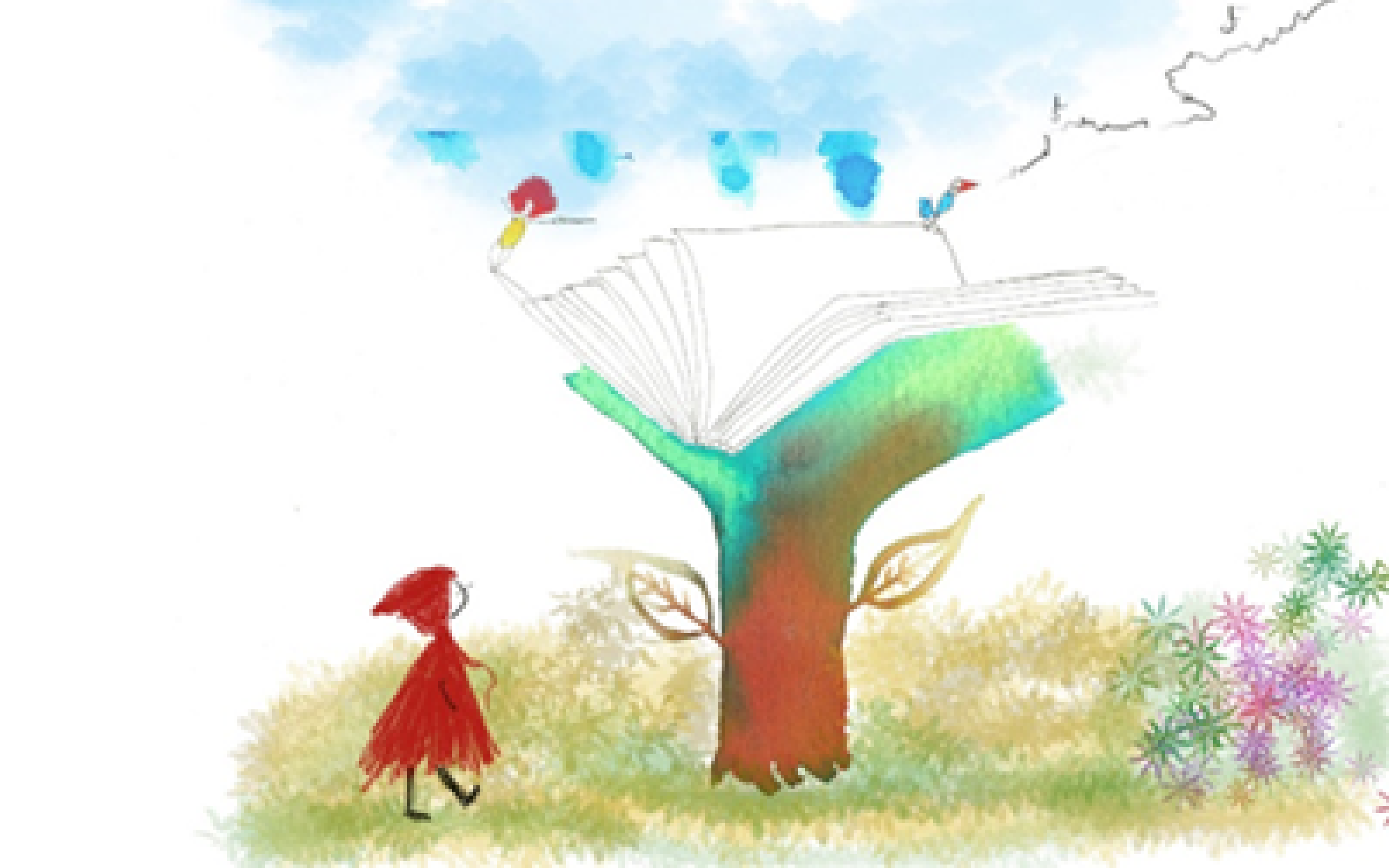Abstract
Mathematical Education in the early years is undeniably relevant for the social and personal development of the child, impacting their future life. Thus, aiming to bridge real-life experiences with learning opportunities provided in formal educational contexts, there arises the need to integrate Mathematics with the other content areas described in the Curriculum Guidelines for Preschool Education (Silva et al., 2016), to contextualize activities, and to consider the needs and interests of children in this process. Based on these premises, a project was developed, consisting of several sessions, based on the question "What is a zoologist?", and considering a socio-constructivist view of learning. The project was implemented with a group of nine children aged between three and four years old, with the theme focusing on animals and some of their characteristics, as this was a topic of interest and curiosity for the group. The objectives of the project included understanding and identifying animal characteristics, developing mathematical skills and knowledge, and fostering interest and curiosity in Mathematics. Data collection involved direct and participant observation, as well as photographic and video recordings, with the collected information subjected to descriptive analysis. The results obtained demonstrate that integrating Mathematics with a topic of children's interest not only enhances the group's engagement in activities but also fosters the development of personal skills, mathematical abilities, and knowledge in other content areas. It is concluded that the objectives were achieved, with children developing learning outcomes in various content areas, with Mathematics and Knowledge of the World standing out, as evidenced by the various records produced in the implemented activities.
References
Almeida, M. E. (2012). Projeto: uma nova cultura de aprendizagem. http://www.educadores.diaadia.pr.gov.br/arquivos/File/2010/artigos_teses/EDUCACAO/CULTURADEAPRENDIZAGEM.PDF
Alves, A., & Dense, L. (2019). A importância de trabalhar a matemática na educação infantil. In II Conferência Nacional de Educação Matemática, I Encontro Nacional Pibid/Residência Pedagógica/Matemática-FACCAT, VII Jornada Pedagógica de Matemática do Vale do Paranhana (JOPEMAT), XXV Encontro Regional de Estudantes de Matemática. Taquara RS. https://www2.faccat.br/portal/sites/default/files/31%20CO.pdf
Clements, D., H., & Sarama, J. (2013). Math in the Early Years. Education Commission of the States Journal, 14(5), 1–7. https://www.researchgate.net/publication/258932989
Edo, M., & Ribeiro, M. (2007). A matemática da educação infantil: Contextos criativos de aprendizagem (pp. 595-606). https://webs.uab.cat/mequeedo/wp-content/uploads/sites/99/2016/09/CIANEI_07_0.pdf
Ferreira, C. (2009). A avaliação na metodologia de trabalho de projeto: Uma experiência na formação de professores. Revista Portuguesa de Pedagogia, 43(1), 143-158.
Massoni, L. (2018). Ilustrações em livros infantis: Alguns apontamentos. DAPesquisa, 7(9), 121-129. https://www.revistas.udesc.br/index.php/dapesquisa/article/view/13951/9036
Mateus, M. (2011). Metodologia de trabalho de projeto: Nova relação entre os saberes escolares e os saberes sociais. EDUSER: Revista de Educação, 3(2), 3-16.
Nogueira, L., Maia-Lima, C., Couto, A., Almeida, C., & Silva, F. (2020). Uma espiral de aprendizagens em torno do caracol: Uma abordagem STEAM em contexto de creche. Sensos-e, 7(3), 3-14. https://parc.ipp.pt/index.php/sensos/article/view/3690/1649
Pacheco, J. P., Sousa, J., & Lamela, C. (2018). Aprendizagem baseada em projeto. https://repositorium.sdum.uminho.pt/bitstream/1822/60079/1/2018.AprendizagemBaseadaProjeto.pdf
Papadakis, S., Kalogiannakis, M., & Zaranis, N. (2017). Improving Mathematics Teaching in Kindergarten with Realistic Mathematical Education. Early Childhood Education Journal, 45, 369–378. https://doi.org/10.1007/s10643-015-0768-4
Rakhimova, M., & Akhmedova, M. (2023). The role os the teacher in the formation of a child in kindergarten. Eurasian Journal of Technology and Innovation, 1(12), 91-97. https://www.in-academy.uz/index.php/ejti/article/view/24141/15864
Sarama, J., & Clements, D. H. (2008). Mathematics in early childhood. Contemporary perspectives on mathematics in early childhood education, 67-94. https://www.academia.edu/21625132/MATHEMATICS_IN_EARLY_CHILDHOOD
Silva, I., Marques, L., Mata, L., & Rosa, L. (2016). Orientações curriculares para a educação pré-escolar. Ministério da Educação / Direção-Geral da Educação.
Smole, K. (2005). A Matemática na educação infantil: A teoria das inteligências múltiplas na prática escolar. Artes Médicas.
Vygotsky, L. (1990). Imagination and creativity in childhood. Soviet Psychology, 28, 84-96.

This work is licensed under a Creative Commons Attribution-NoDerivatives 4.0 International License.
